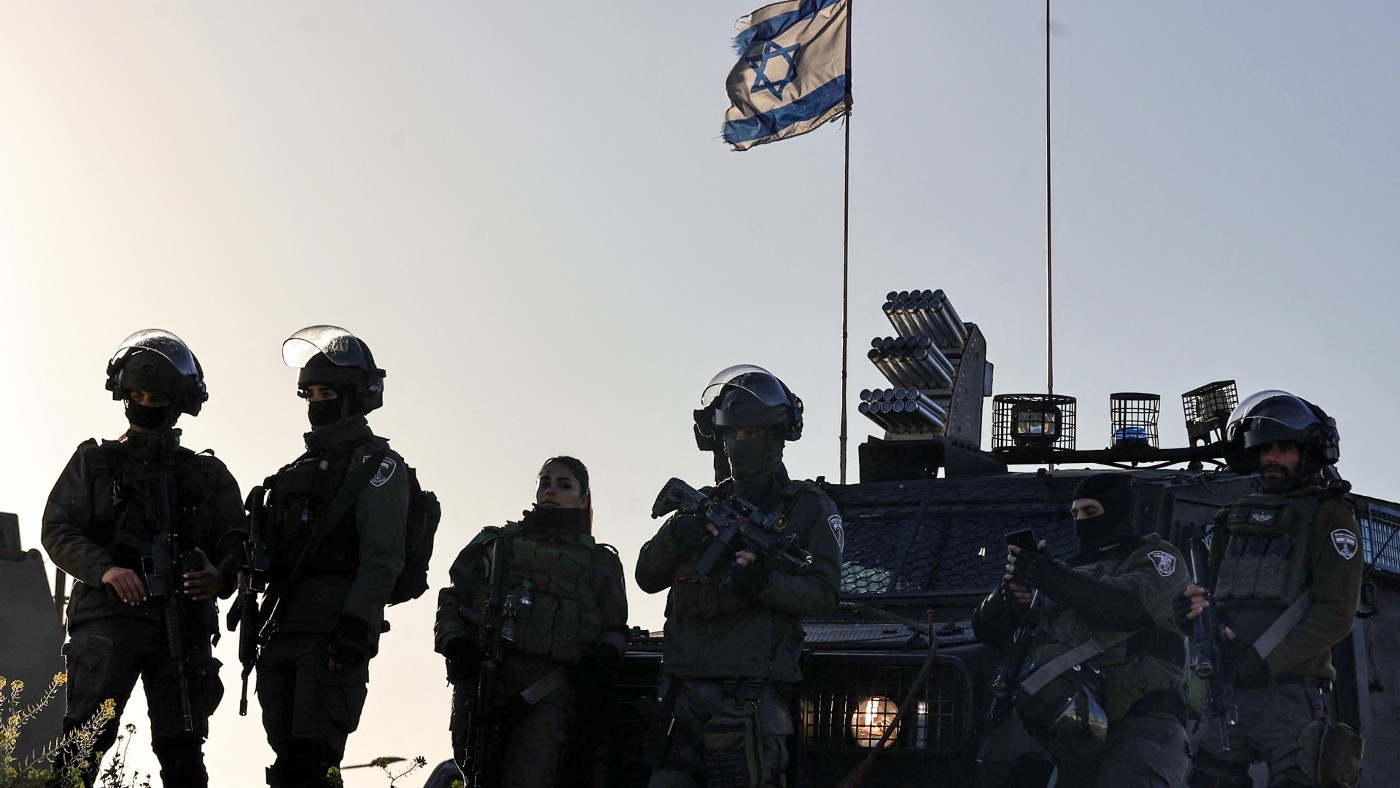In times of war, soldiers will face a grave moral dilemma: the pressure to obey the order versus the call of duty to do justice and be humane. When IDF is on a mission in Gaza, by this point, it becomes crucial that the soldier analyzes or critically re-examine the legitimacy and morality of the order he is receiving. The breach of international law should not be synonymous with disregarding orders that may breach human rights.
The Context of Conflict
The Ongoing Conflict in Gaza: An Escalation in Violence Inflicted with Heavy Civilian Casualties and Destruction Observing an escalation in violence amid the final stage of a destructive war in Gaza, the rules of engagement must strictly adhere to ensure military actions according to international humanitarian law. Soldiers are not only instruments of the state but also bear moral responsibility for their actions by refusing to comply when orders contradict ethical standards and legal frameworks.
Legal Framework
International humanitarian law, especially the Geneva Conventions, explicitly directs how armed forces are expected to act in conflict areas. ‘These laws range from outlawing actions that target civilians or result in excessive use of force to rules that prohibit otherwise legal acts or discriminate between people on improper grounds. Soldiers must know that following illegal orders will neither absolve them of responsibility nor alleviate their actions’ moral and legal consequences. Ignorance of the law cannot be an excuse for committing or assisting atrocities.
Historical Precedents
History has many tragic illustrations wherein the refusal of soldiers not to obey orders found to be unlawful has made a crucial difference between outcomes. Post-World War II trials at Nuremberg made it clear that everyone contributed to their actions, even those in the military. Most of those who committed war crimes in executing their assigned tasks were called into courts and tried. That illustrates that it is ethically based and essential to the military’s integrity to make a soldier refuse illegal orders.
The Role of Conscience
The concept of a “conscientious objector” is the principle that no person should ever be compelled to execute an action that they believe to be immoral. Even IDF soldiers must become able to have the courage of their consciences. Refusal of orders where it is illegal does not amount to treason; it is in the interest of justice and humanity. It is relevant in an instance that hangs innocent lives in the balance through military operations.
The Future
Soldiers must be able to morally stand their ground as a moral army by opening up the debate on whether orders are legal. The curriculums of courses and training programs in military training should include ethics decision-making programs and human rights lessons. Leaders in the IDF must create an environment where questioning orders is acceptable.
Recommendation: Call for Action
At this point, the army faces another challenging issue in its security framework: remembering moral guidance within IDF forces is crucial as they persevere with justice and humanity and implement orders that violate the rule of international law and practice. It is this decision to refuse illegal orders that is a potent act of resistance against the cycle of violence and suffering. It stands for dignity, reaffirming that proper security is held in justice, not oppression.















